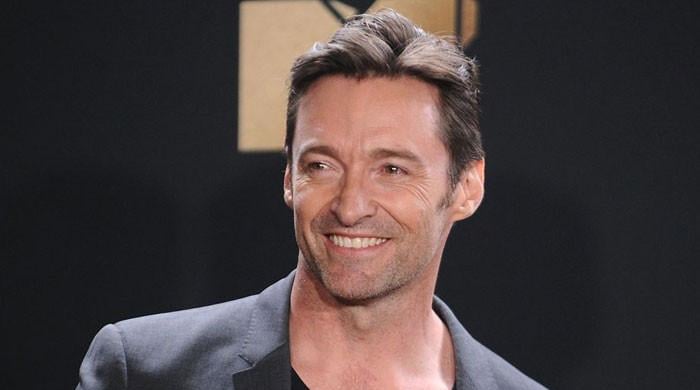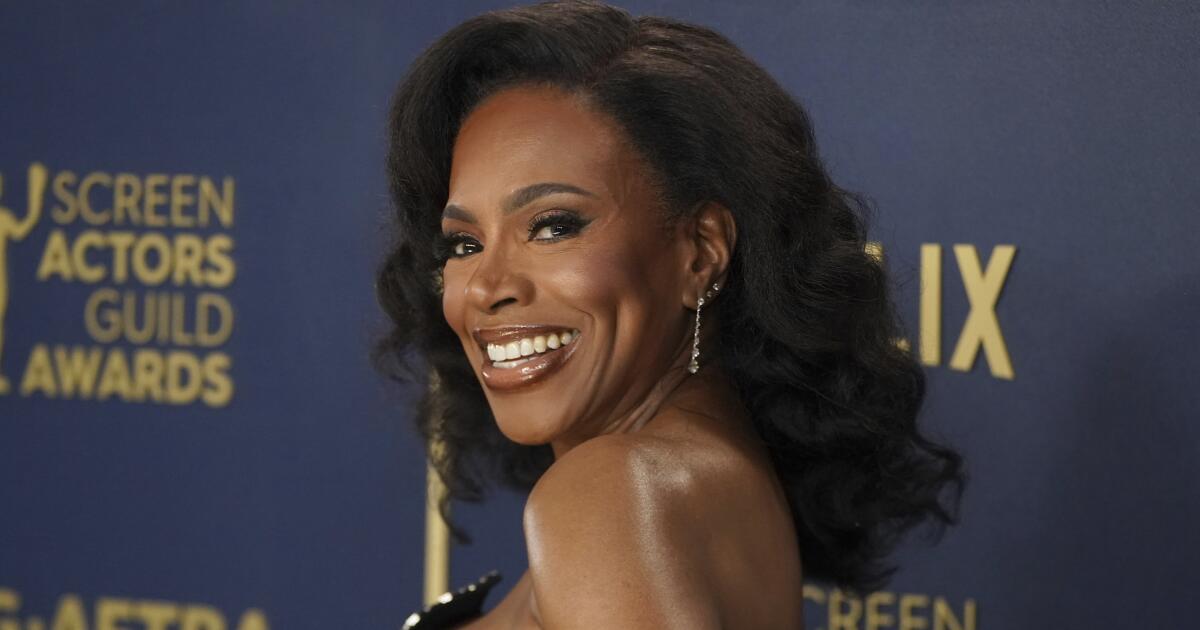Paramount Global's sale talks with David Ellison's Skydance Media face a milestone later this week, but the battered media company controlled by the Redstone family has been struggling to meet another deadline, one that also carries huge implications.
On Tuesday, Paramount and Charter Communications agreed to a deadline extension as the two sides worked to negotiate a new distribution deal for Paramount's channels, which would replace a three-year pact that was set to expire this week, according to people familiar with the matter. authorized to comment publicly on high-risk conversations.
Charter pays Paramount significant fees to carry its channels, including CBS, BET, Comedy Central and Nickelodeon, on Charter's Spectrum television service. As Paramount's cable networks lose viewers and advertising revenue declines, the company must protect the affiliation fees it receives from distributors, including Charter. Paramount cannot afford to lose a key source of revenue from one of its major partners.
The outcome of the negotiations could affect Paramount's valuation in the event of a sale.
While the length of the contract extension is unclear, it gives Paramount some breathing room in what has become a chaotic and difficult period.
Paramount CEO Bob Bakish was fired on Monday amid growing tensions with controlling shareholder Shari Redstone, who is pushing to sell her stake in her family's media empire.
He was replaced by three top entertainment executives who now make up an “office of the CEO.” The company also reported earnings that beat estimates, but executives declined to answer questions during their regular conference call with Wall Street analysts.
The company's shares are down 50% in the past year. Paramount fell 7.2% on Tuesday to $11.37 per share.
Non-voting Class B shareholders are furious about the terms of the deal with Skydance and have concluded that it would give Redstone a rich bonus at the expense of other shareholders. Meanwhile, independent directors are weighing up the Ellison group's improved offer, which has been described as the “best and final”.
Paramount's board will soon lose five directors, including Bakish.
Even before the boardroom and management turmoil, Paramount was seen as having a weak hand in its negotiations with Charter, which currently offers 25 Paramount-owned television channels to its 13.7 million Spectrum TV subscribers. .
“The majority of Paramount's current U.S. cable networks are at risk,” Bank of America media analyst Jessica Reif Ehrlich wrote in a research note to investors this week, adding that a poor outcome in talks on The Letter could threaten Paramount's financial foundation and potentially “affect the company's ability to execute a sale on favorable terms.”
The reason: “Paramount's television media segment still generates an overwhelming percentage of the company's profits and cash flows,” wrote Reif Ehrlich. Investors and potential buyers have been closely monitoring the Charter talks as they consider how much Paramount is really worth.
Apollo Global Management has offered $26 billion, including absorbing Paramount's nearly $14 billion of debt, which some shareholders prefer to the two-phase deal orchestrated by Ellison's Skydance along with investment firms RedBird Capital Partners and KKR. . Paramount had granted the Ellison group 30 days of exclusive negotiations. That period ends Friday, however, sources close to the sale process say they expect talks to continue beyond this week.
Representatives for Paramount and Charter declined to comment.
Paramount Global, long known as Viacom, has had trouble adapting to the streaming era.
The CBS broadcast network has largely maintained its popularity (its Super Bowl telecast in February drew a record 123.4 million viewers), but the viewership shift has hit Paramount's cable channels, including MTV, VH1 and Nickelodeon, putting the company in a difficult situation.
At the same time, cable companies are losing pay TV customers at a rapid pace and don't want to give subscribers another reason to run away by asking them to pay more for programming they don't necessarily watch.
Charter, based in Stamford, Connecticut, has increasingly opposed paying high fees for cable channels that have been losing viewers in recent years as consumers shift to streaming and other video-on-demand options. .
Charter has also demanded concessions in the conditions of carriage of streaming services, such as Disney+ or Paramount+, that compete with its Spectrum channel packages.
The Paramount Pictures studio, on Melrose Avenue in Hollywood, has long been a jewel in the media empire controlled by the Redstone family.
(Al Seib/Los Angeles Times)
Last summer, Charter took a hard line during its negotiations with Walt Disney Co., leading to a 10-day blackout of Disney-owned channels, including its ABC and ESPN networks. Charter threatened to permanently remove all Disney channels from its Spectrum TV service unless Disney gave in to some of its demands, a scenario that would have been unthinkable a decade ago.
Ultimately, Disney sacrificed streaming on Spectrum for several smaller channels, including Freeform.
Losing networks could be particularly painful for Paramount.
More than a decade ago, Paramount programmed nearly three dozen cable channels and charged hefty fees for distribution rights. However, over the years, distributors such as Dish Network and Charter have refused to continue selling what they consider non-essential, and that dispute was expected to be a key obstacle in talks over Charter.
For example, Charter offers its customers five MTV channels: the main network MTV and its spin-offs MTV2, MTV Classic, MTV Live and MTVU. MTV's programming relies heavily on “Awesomeness,” a variation on talent competitions. There are four channels from Nickelodeon, the flagship children's network, in addition to Nick Jr., Nick Music and Nick Toons.
Charter is expected to boost the ability to remove channels with poor ratings.
“In our opinion, the critical bandwagon would go to Nickelodeon, MTV, BET, Comedy Central and Paramount Network,” wrote Reif Ehrlich.
A sticking point for distributors, including Charter, is that Paramount makes much of its content available to subscribers of Paramount+, the streaming service the company offers for between $5.99 and $11.99 a month. That, in some cases, is less than what cable distributors pay for the same content.
The decision by television programmers to offer their own streaming services has irritated distributors, who feel that their long-time partners have become rivals. Charter CEO Christopher Winfrey has said his company would take a tougher stance in its transportation negotiations.
“Our goals here are really to recreate a video ecosystem that works for everyone. That's not the case today,” Winfrey said last week on the company's earnings conference call. “It's been broken and it's been broken for a while.”












